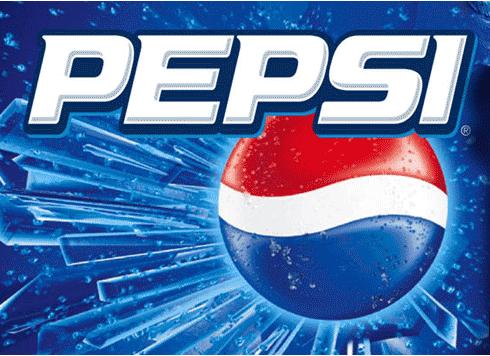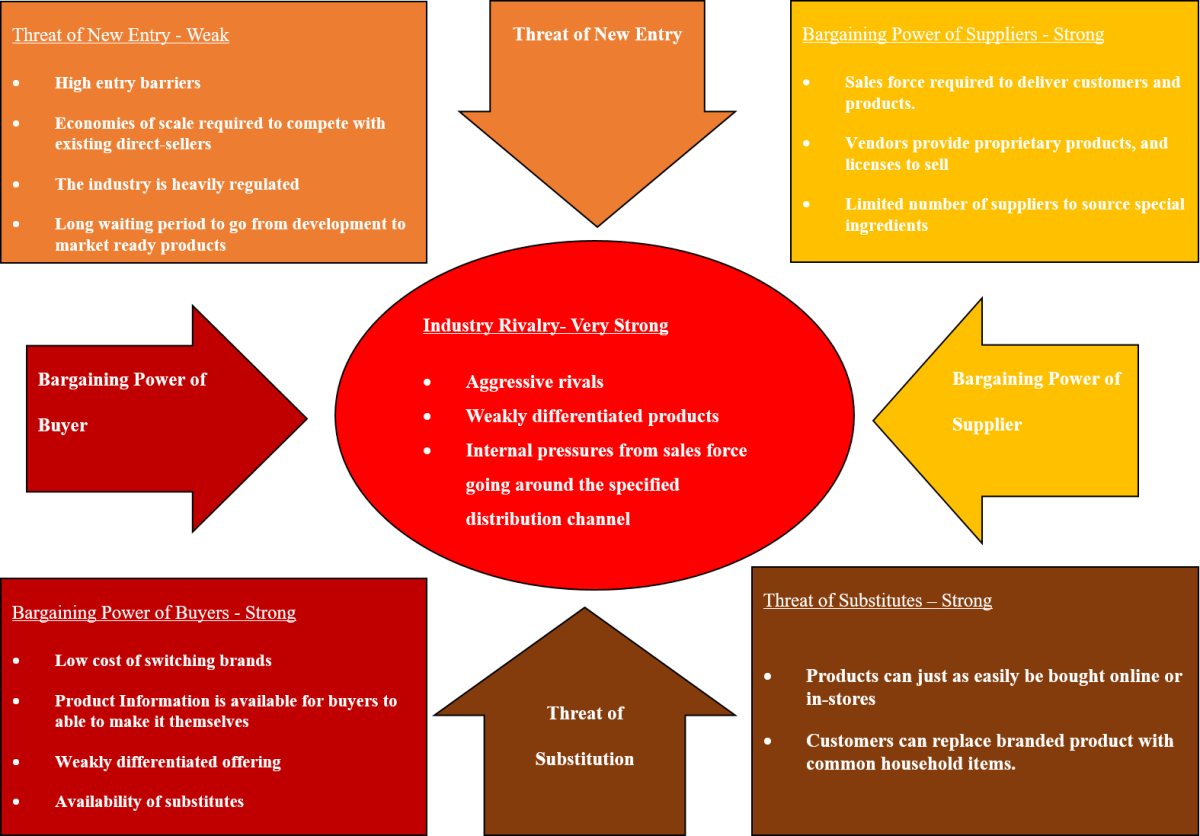Competitive Strategy – Why Diversify? PepsiCo Case Study

Why Diversify?
Why consider diversifying your business? What is diversification? Why do businesses do it? Are there different types of diversification and have any been really successful? This article will give answers to these questions and much more!
Firstly what is Diversification? It is a corporate strategy to increase market penetration and thereby increasing sales and gaining market share.
Many organisations consider diversification for a range of reasons. Some valid reasons are:
- Not having all of your eggs in one basket
- If the industry becomes unattractive
- Diminishing market opportunities & stagnating sales
- When you spot an industry whose technologies & products complement the present business
- When you can leverage existing competencies & capabilities by expanding into businesses whose same resource strengths are key success factors & valuablecompetitive assets
- Opens new avenues for reducing costs
- Transference of a brand name to drive sales & profits
- Competitive pressures
- Diminishing growth prospects in the present business
- Expand into industries whose technologies & products complement present business (Dell – printers)
- Leverage existing competencies & capabilities by expanding into businesses where these resource strengths are key success factors
- Reduce costs by diversifying into closely related businesses – economies of scope & shared value chain
- Powerful brand name can be transferred to products of other businesses
There are two types of diversification:
- possess competitively valuable cross-business value chain matchups – horizontal integration
Unrelated diversification
- have dissimilar value chains, containing no competitively useful cross-business relationships – can share ‘support activities’ HR etc
There is also the concept of strategic fit. Without a strategic fit is highly unlikely that a diversification will work:
- strategic fit exists whenever one or more activities comprising the value chains of different businesses are sufficiently similar as to present opportunities for – transferring, combining, exploiting & business collaboration
PepsiCo Case Study
A few years ago PepsiCo diversified. This is an interesting case study of what can be achieved with a related diversification that has a strategic fit and some future opportunities for PepsiCo.
PepsiCo has used the related diversification corporate strategy as their basic approach to new businesses and acquisitions with a focus on beverages and consumer foods. Wherever possible PepsiCo has found related activities within the value chain between the various beverage and snack food brands to reduce costs and increase profits. Some of the elements of the value chain that are shared include:
- Marketing
- Processing
- Research and development
This has enabled PepsiCo to find a good strategic fit in most of the businesses they have acquired. In turn this has lead to a good resource fit with all businesses generating free cash flow and a minimum margin of 15%+ across all units.
A key advantage for PepsiCo is that customers across the globe have similar tastes and this has assisted the company in implementing global strategies and being able to execute marketing and distribution similarly in all regions.
An opportunity exists for PepsiCo in the good-for-you and better-for-you markets that they are just starting to implement across their products. This change in consumer tastes worldwide provides an opportunity for PepsiCo to acquire a ‘health food’ company similarly to Sanitarium in Australia. Sanitarium would fit into the PepsiCo model of being a consumer foods company with a focus on ready to eat breakfast cereals and well as being a horizontal integration into the value chain as a related diversification. The added advantage is that Sanitatium would give PepsiCo more credibility in the GFU/BFU market and enable the company to take leadership on this issue.
If you are considering diversification, hopefully these points will start you on the right direction!







